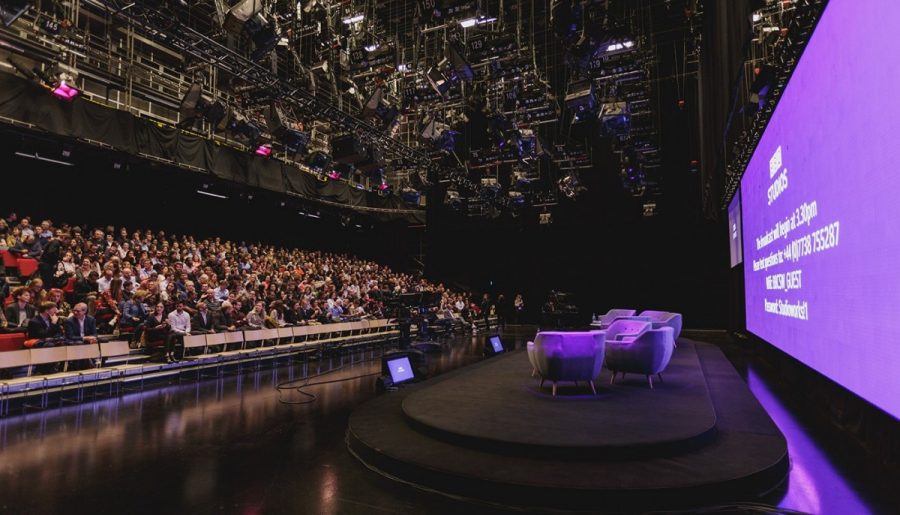 The National Audit Office report into launch of BBC Studios has said there was a clear rationale behind its creation.
The National Audit Office report into launch of BBC Studios has said there was a clear rationale behind its creation.
However, the government body says it is still too early to tell if the merger is delivering sustainable value for money as delivering the associated changes in organisational culture takes time.
BBC Studios was created in 2016, when the BBC brought together its in house production teams, before turning it into a commercial entity in April 2017. A year later the BBC created the new BBC Studios as its largest commercial subsidiary following a merger of the existing BBC Studios and BBC Worldwide, its commercial distribution business.
In addition to the Studios business, its international channel operations are also included, as is the investment in streaming service Britbox.
The NAO called for clarity about the new business it is winning and the intellectual property it is able to develop.
Welcoming the report, the BBC said “in a time of unprecedented change across the global market, and with continued tough financial challenges, the success of BBC Studios is vital in helping the BBC deliver value for money for the licence fee payer as well as distributing and promoting British creativity worldwide.”
In response to some of the report’s criticisms, BBC Studios is launching a three-year culture and engagement plan to improve the overall experience of working at BBC Studios, amid concerns that there was a cultural gap between the Studios and Distribution businesses.
There have also been changes to the governance of the BBC’s commercial activities.
In 2018/19, BBC Studios returned £243m to the BBC public service, principally in dividends and investment in programming.